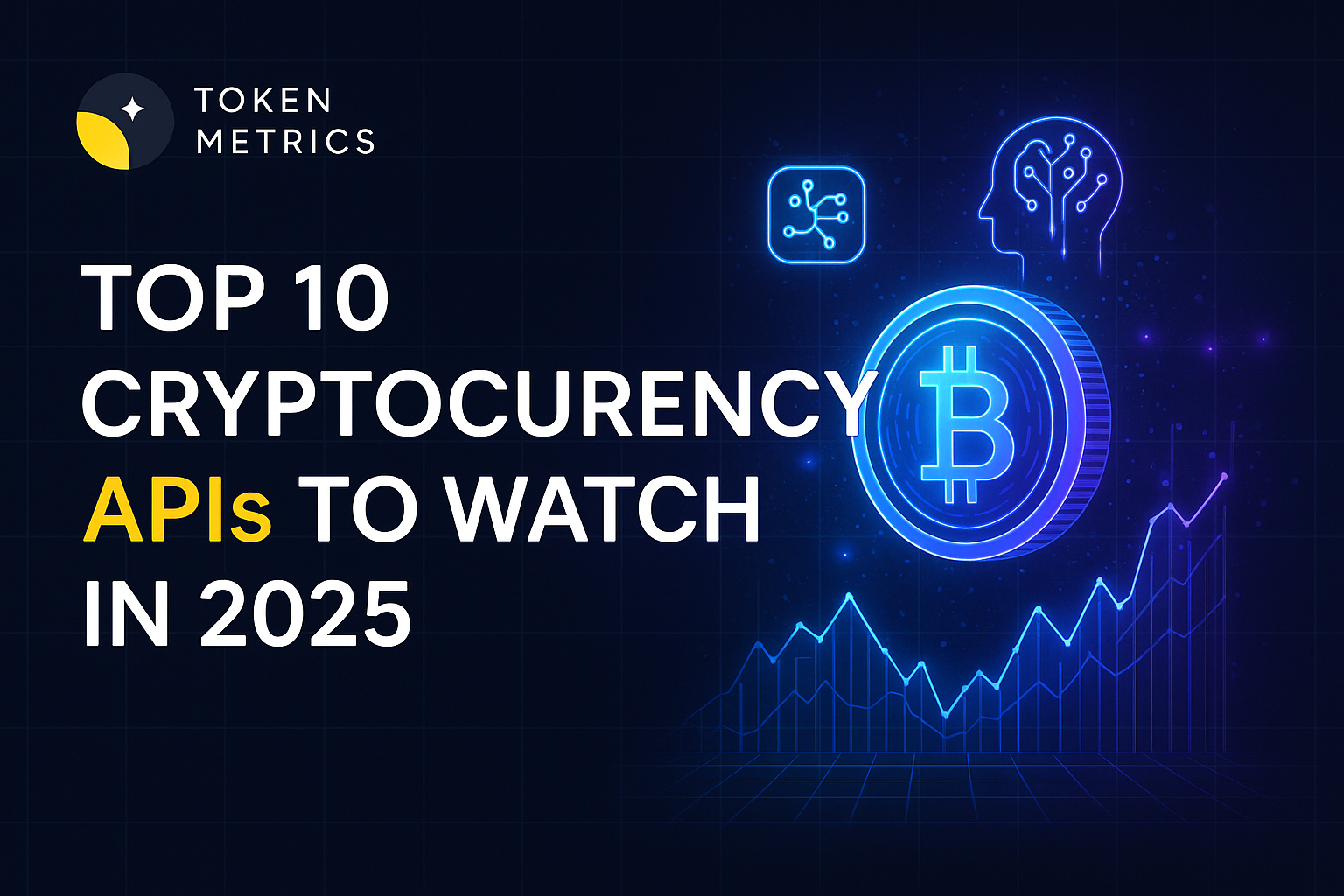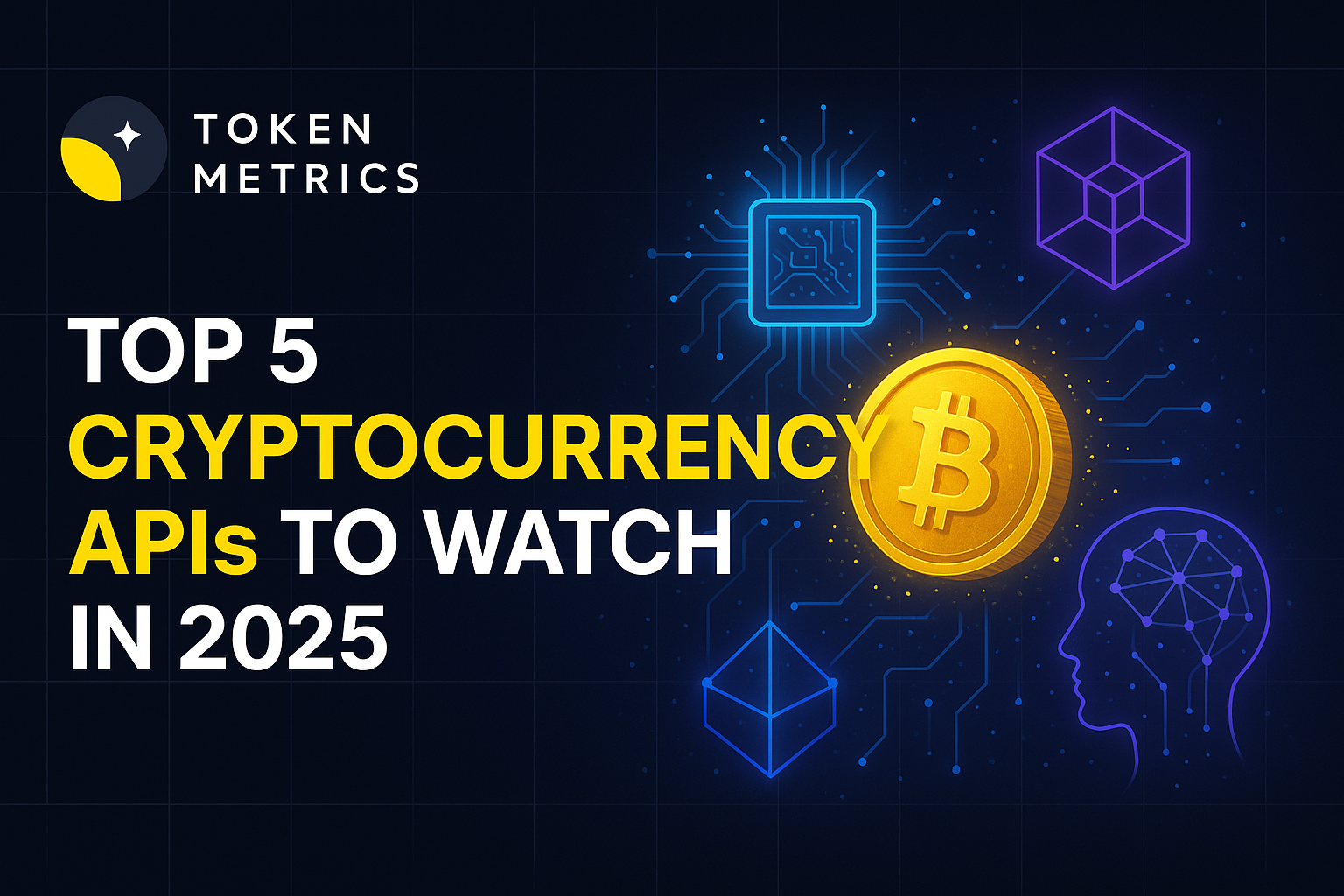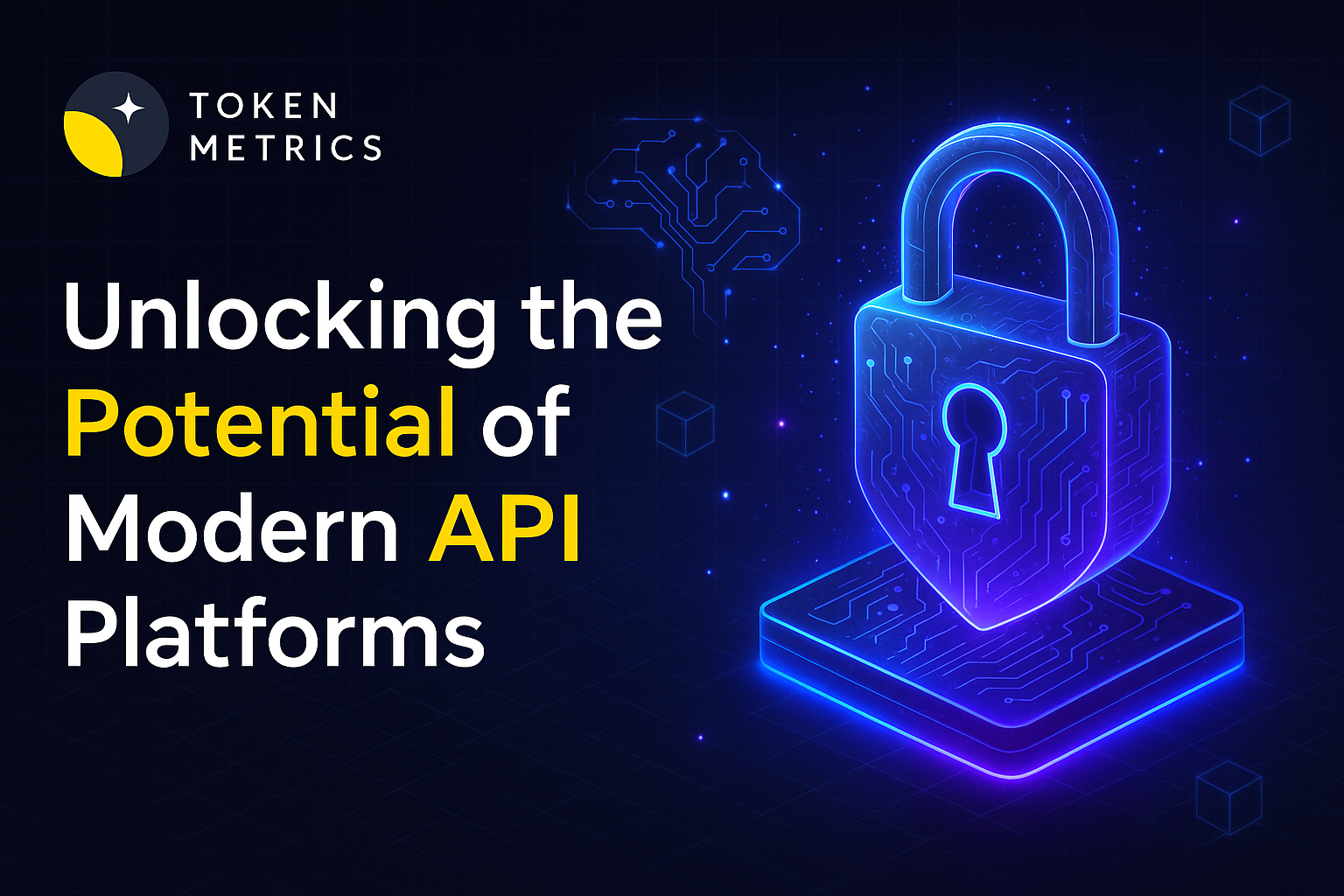What are the Types of Cryptocurrency and How Do They Work?

Cryptocurrencies have taken the financial world by storm, offering a decentralized and secure means of transacting in the digital economy.
Since Bitcoin emerged in 2009, the crypto space has witnessed an explosion of new digital assets, each with unique features and use cases.
In this comprehensive guide, we will delve into the various types of cryptocurrency, shedding light on the differences between coins and tokens, exploring the concept of altcoins, and providing insights into the top 10 cryptocurrencies in 2023. So, let's embark on this exciting journey through digital assets.
What is Cryptocurrency?
Cryptocurrency is a digital or virtual currency that utilizes cryptographic technology to secure transactions and control the creation of new units.
Unlike traditional fiat currencies issued by central banks, cryptocurrencies operate on decentralized networks called blockchains. These blockchains serve as public ledgers, recording every transaction and ensuring transparency and immutability.
How Many Cryptocurrencies are There?
The cryptocurrency market has experienced exponential growth since the introduction of Bitcoin in 2009.
As of today, there are approximately 22,932 cryptocurrencies in existence, with a total market capitalization of around $1.3 trillion. This diverse range of digital assets offers investors a wide array of options.
Types of Cryptocurrencies
Cryptocurrencies can be broadly categorized into two main types: crypto coins and tokens. While both coins and tokens are digital assets, they differ in their underlying infrastructure and functionality.
Crypto Coins
Crypto coins, also known as cryptocurrencies, are digital currencies that operate on their independent blockchains. The most well-known example of a crypto coin is Bitcoin (BTC), the first cryptocurrency to be created.
Coins like Bitcoin are designed to function as a medium of exchange and store of value. They can be used for peer-to-peer transactions as well as for investment purposes.
Other popular coins include Litecoin (LTC), Ethereum (ETH), and Bitcoin Cash (BCH). Each of these coins has unique features and use cases, contributing to the diversity of the cryptocurrency landscape.
Crypto Tokens
Tokens, on the other hand, are digital assets that are built on existing blockchains, such as Ethereum. Unlike coins, tokens do not have their independent blockchain. Instead, they leverage the infrastructure of an existing blockchain to enable various functionalities.
Tokens can serve various purposes, including granting access to a specific application or platform, representing ownership of an asset, or facilitating transactions within a decentralized ecosystem. Examples of tokens include ERC-20 tokens on the Ethereum network, such as Tether (USDT) and Chainlink (LINK).
Crypto Coins vs Tokens
The distinction between crypto coins and tokens lies in their infrastructure and functionality. While both coins and tokens are digital assets, coins like Bitcoin operate on their independent blockchains, while tokens are built on existing blockchains.
Crypto coins, such as Bitcoin, are primarily used as a medium of exchange and store of value. They are designed to function as standalone currencies, allowing users to transact directly with one another without the need for intermediaries.
Tokens, on the other hand, have a broader range of use cases. They can represent ownership of assets, grant access to specific applications or services, or facilitate transactions within decentralized ecosystems.
Tokens leverage the security and infrastructure provided by existing blockchains, enabling developers to build innovative decentralized applications.
What are Altcoins?
Altcoins, short for alternative coins, refer to any cryptocurrency other than Bitcoin. Initially, altcoins emerged as alternatives to Bitcoin, seeking to address certain limitations or introduce new features. However, the term "altcoin" has evolved to encompass a wide range of digital assets, each with its own unique characteristics and use cases.
The world of altcoins is vast and diverse, with thousands of cryptocurrencies vying for attention. Some of the most prominent altcoins include Ethereum (ETH), Ripple (XRP), Cardano (ADA), and Binance Coin (BNB). These altcoins have gained popularity due to their unique features, such as smart contract functionality, fast transaction speeds, and enhanced privacy.
Top 10 Cryptocurrencies in 2023
The cryptocurrency market is highly dynamic, with the rankings of cryptocurrencies constantly changing. However, as of 2023, the top 10 cryptocurrencies by market capitalization include:
- Bitcoin (BTC): The pioneer and most widely recognized cryptocurrency, Bitcoin continues to dominate the market with its large user base and robust infrastructure.
- Ethereum (ETH): Known for its smart contract functionality, Ethereum has established itself as a leading platform for decentralized applications (DApps) with a vibrant ecosystem of developers and users.
- Tether (USDT): Tether is a stablecoin designed to maintain a value pegged to the U.S. dollar. It provides stability in the volatile cryptocurrency market, enabling users to transact with a digital asset that closely mirrors the value of fiat currency.
- Binance Coin (BNB): Binance Coin is the native cryptocurrency of the Binance exchange, offering utility within the platform and serving as a means of reducing transaction fees for users.
- USD Coin (USDC): USD Coin is another stable coin that provides a digital representation of the U.S. dollar. It offers the benefits of digital assets while maintaining a stable value.
- Ripple (XRP): Ripple aims to revolutionize cross-border payments by facilitating fast and low-cost transactions. It has partnered with numerous financial institutions, making it a prominent player in the remittance industry.
- Cardano (ADA): Cardano is a blockchain platform that aims to provide a secure and scalable infrastructure for the development of decentralized applications and smart contracts.
- Solana (SOL): Solana is a high-performance blockchain platform designed for decentralized applications and cryptocurrency trading. It boasts fast transaction speeds and low fees, making it attractive to developers and users.
- Terra (LUNA): Terra is a blockchain platform focusing on stablecoins and decentralized finance (DeFi) applications. It aims to provide a stable and scalable infrastructure for global payments and financial services.
- Avalanche (AVAX): Avalanche is a platform that enables the creation of decentralized applications and the issuance of digital assets. It focuses on scalability, security, and interoperability, making it a promising player in the blockchain ecosystem.
Frequently Asked Questions
Q1. What are some popular tokens built on the Ethereum blockchain?
Some popular tokens built on the Ethereum blockchain include Tether (USDT), Chainlink (LINK), and Uniswap (UNI). These tokens leverage the infrastructure provided by Ethereum to enable various functionalities, such as facilitating transactions, granting access to applications, and representing ownership of assets.
Q2. What sets Bitcoin apart from other cryptocurrencies?
Bitcoin, as the first cryptocurrency, has established itself as the most widely recognized and valuable digital asset. It operates on its blockchain and has a large and active user base.
Bitcoin's decentralized and transparent nature, along with its limited supply and scarcity, contributes to its unique position in the cryptocurrency market.
Q3. How do cryptocurrencies work?
Cryptocurrencies utilize cryptographic technology to secure transactions and control the creation of new units. Transactions are recorded on a decentralized public ledger called a blockchain, ensuring transparency and immutability.
Users can transact directly with one another without the need for intermediaries, thanks to the decentralized nature of cryptocurrencies.
Q4. Can cryptocurrencies be used for everyday transactions?
Yes, cryptocurrencies can be used for everyday transactions, although their adoption as a mainstream medium of exchange is still limited. Some merchants and online platforms accept cryptocurrencies as payment.
However, factors such as transaction fees, scalability, and regulatory considerations currently pose challenges to widespread cryptocurrency adoption for everyday transactions.
Q5. What is the future of cryptocurrencies?
The future of cryptocurrencies is highly speculative and subject to various factors, including regulatory developments, technological advancements, and market dynamics.
While cryptocurrencies have gained significant attention and adoption, their long-term viability and impact on the global financial system remain uncertain.
Continued innovation, regulatory clarity, and increased mainstream acceptance could shape the future of cryptocurrencies.
Q6. How are new cryptocurrencies created?
New cryptocurrencies can be created through a process called cryptocurrency mining or through initial coin offerings (ICOs) or token sales. Cryptocurrency mining involves using computational power to solve complex mathematical problems, validating transactions, and adding them to the blockchain.
ICOs and token sales, on the other hand, involve the issuance and sale of new digital tokens to raise funds for specific projects or platforms.
Q7. Are cryptocurrencies anonymous?
While cryptocurrencies offer pseudonymity, meaning that transactions are linked to cryptographic addresses rather than real-world identities, they are not entirely anonymous.
Blockchain analysis techniques can be used to track and analyze transactions, linking them to individuals or entities. Privacy-focused cryptocurrencies, such as Monero and Zcash, offer enhanced privacy features, but they are not entirely anonymous.
Q8. What is the role of blockchain technology in cryptocurrencies?
Blockchain technology forms the foundation of cryptocurrencies. It is a decentralized and distributed ledger that records all transactions in a transparent and immutable manner.
Blockchain technology enables trustless transactions, eliminates the need for intermediaries, and ensures the security and integrity of cryptocurrency networks.
Q9. How can I safely store cryptocurrencies?
Cryptocurrencies are stored in digital wallets, which can be software-based (online or offline) or hardware-based (physical devices).
It is essential to choose a reputable wallet provider and follow best security practices, such as using strong passwords, enabling two-factor authentication, and keeping backups of your wallet's private keys. Hardware wallets, such as Ledger and Trezor, offer enhanced security by storing private keys offline.
Conclusion
The world of cryptocurrencies is vast and diverse, offering many options for investors and users alike. From coins to tokens and altcoins, each type of cryptocurrency brings its unique features and use cases to the table.
As the market continues to evolve, it is essential to stay informed, conduct thorough research, and exercise caution when investing in cryptocurrencies.
By understanding the different types of cryptocurrencies and their underlying technologies, you can navigate this exciting digital landscape with confidence.
Disclaimer
The information provided on this website does not constitute investment advice, financial advice, trading advice, or any other advice, and you should not treat any of the website's content as such.
Token Metrics does not recommend that any cryptocurrency should be bought, sold, or held by you. Conduct your due diligence and consult your financial advisor before making investment decisions.
Create Your Free Token Metrics Account

.png)




%201.svg)
%201.svg)


%201.svg)










.svg)




.png)